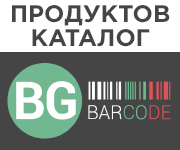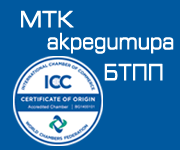Unemployment in Bulgaria is one of the lowest in the Balkans, according to an analysis of BCCI
The number of unemployed in Bulgaria dropped by more than 45% over the last 13 years – from 449.1 thousand to 247.2 thousand people in the period 2003 – 2016. This shows an analysis of the Bulgarian Chamber of Commerce and Industry (BCCI). The unemployment rate decreased from 13.7% in 2003 to 7.6% in 2016, and in the third quarter of 2017 was 5.8%, which is 200.2 thousand unemployed respectively, according to data of the National Statistics Institute.
In the Balkans, only Romania has lower unemployment rates than Bulgaria, which according to the latest data is 5.2%. The unemployment rates in the other neighbouring countries are significantly higher: Serbia – 15.6%, Macedonia – 23.2%, Greece – 20.7%, Turkey – 10.7% (according to the IMF World Economic Outlook 2017).
This positive trend in Bulgaria is due to the improvement of the business climate, but also to the shortage of personnel, which is a major problem for the business, as is evident from the surveys of BCCI.
The highest is the number of unemployed with secondary education – 99.6 thousand; with primary or lower education – 65.3 thousand, while the smallest is the number of unemployed with higher education – 35.2 thousand. A lot of these people cannot find a job due to the low qualifications they have. On the other hand, there are 205 thousand more people who are not looking for a job, even though they are ready to start one. This kind of labour market reserve has decreased sharply in the latest years – in 2011 this group included 284 thousand people.
BCCI’s surveys show that companies are experiencing a serious shortage of qualified personnel, the largest demand being for IT professional and engineers, as well as employees in the tourism, transport and construction sectors.

 1 USD =
1 USD =  1 GBP =
1 GBP =  1 CHF =
1 CHF =  ISO 9001:2015
ISO 9001:2015



























